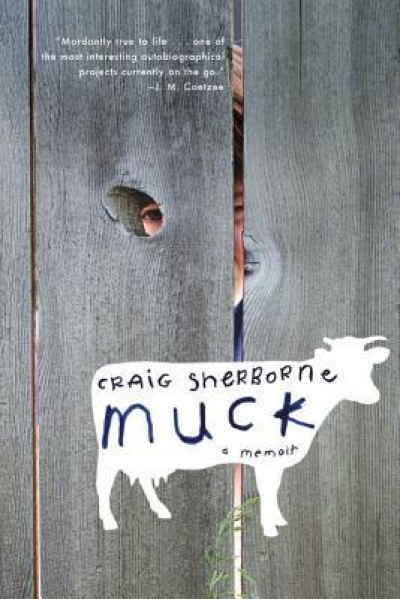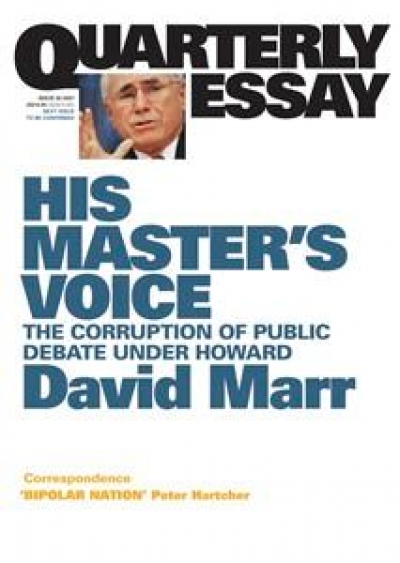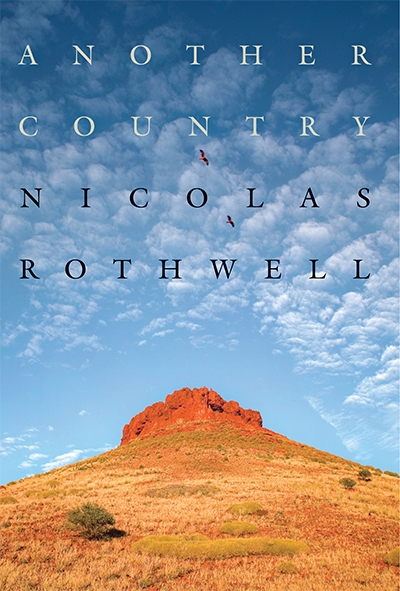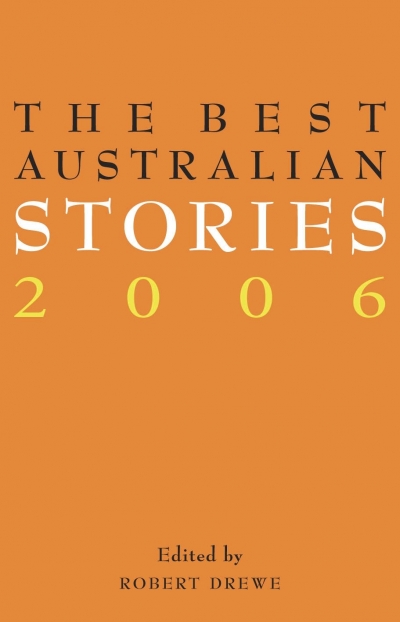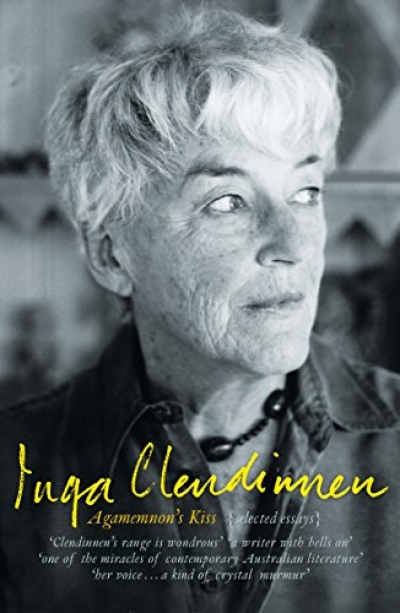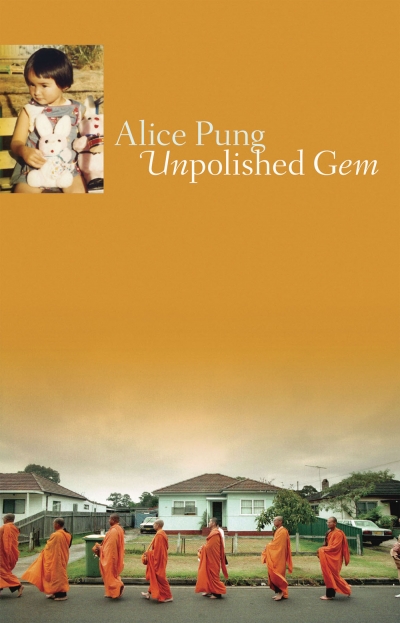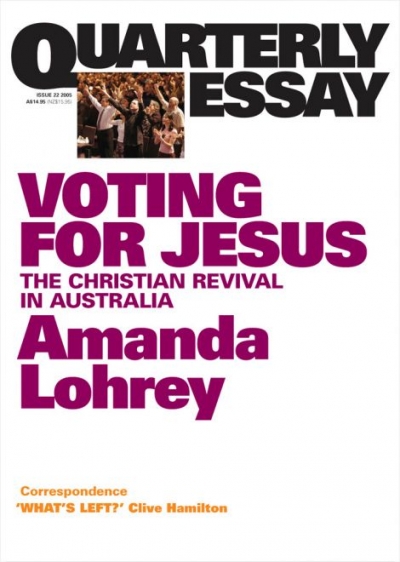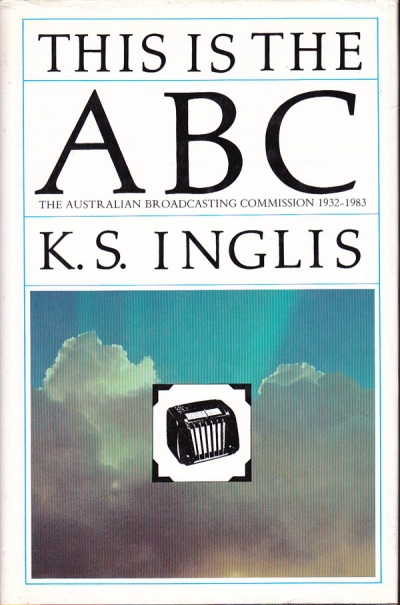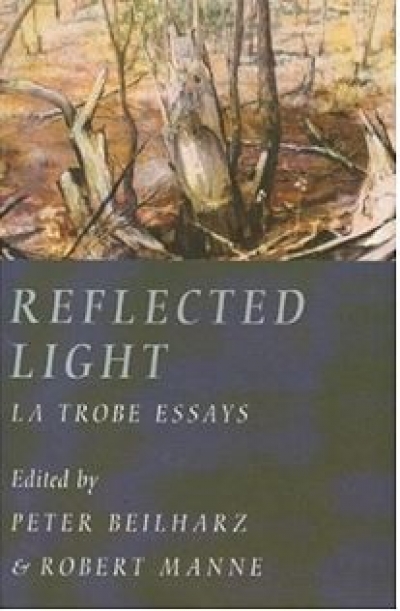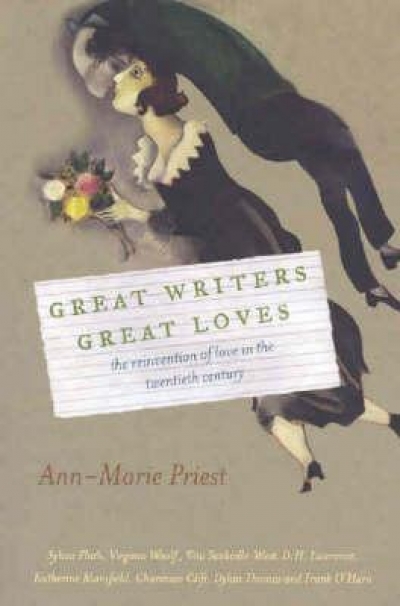Ken Inglis is now as much a part of the history of the ABC as any of the charismatic broadcasters, mercurial managers or audiences – devoted and indignant – that his two monumental histories chronicle. He has become the repository, the source, the critical race memory of the ABC, ‘just three years older’ than the phenomenon he examines.
The list of corrigenda at the end of the new edition of This Is the ABC (first published by Melbourne University Press in 1983) underscores the point: insiders, listeners, viewers and politicians have inundated him with corrections and information to refine and expand his already minutely detailed volume one of the history. Listeners plead with him to include the story of the newsreader who announced that a lady had been bitten on the funnel by a finger-webbed spider. Other responses are less benign. Solicitors for Sir Charles Moses, for thirty years the ABC’s general manager, write to Inglis in 1983 listing ‘imputations’ in his book which they claim are grossly defamatory of Sir Charles’s good name and reputation. Sir Charles himself, at the Broadcast House launch of the first volume in 1983, greeted the disconcerted author with the news that he would be hearing from his solicitors. ‘I did my best to look and sound at ease when Dame Leonie called me to the dais’, recalls Inglis. The case was not pursued, and the relevant documents are now deposited in the National Library. But it is characteristic of the man and the historian that Inglis should ‘remain sad that although my admiration for the ABC’s principal maker was evidently clear to reviewers and other readers, the subject himself could not see it’.
...
(read more)

